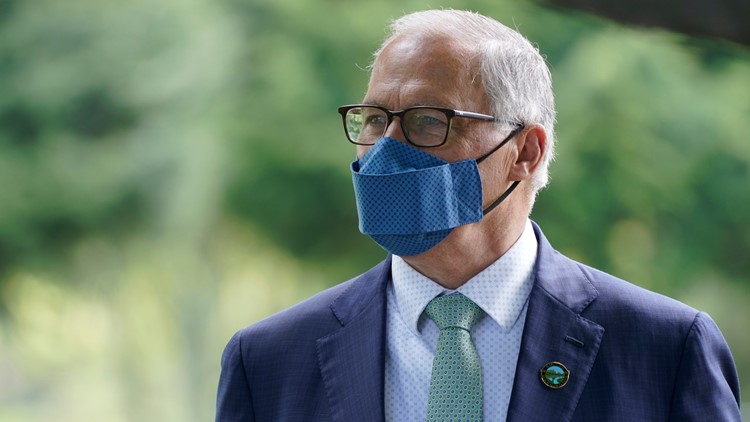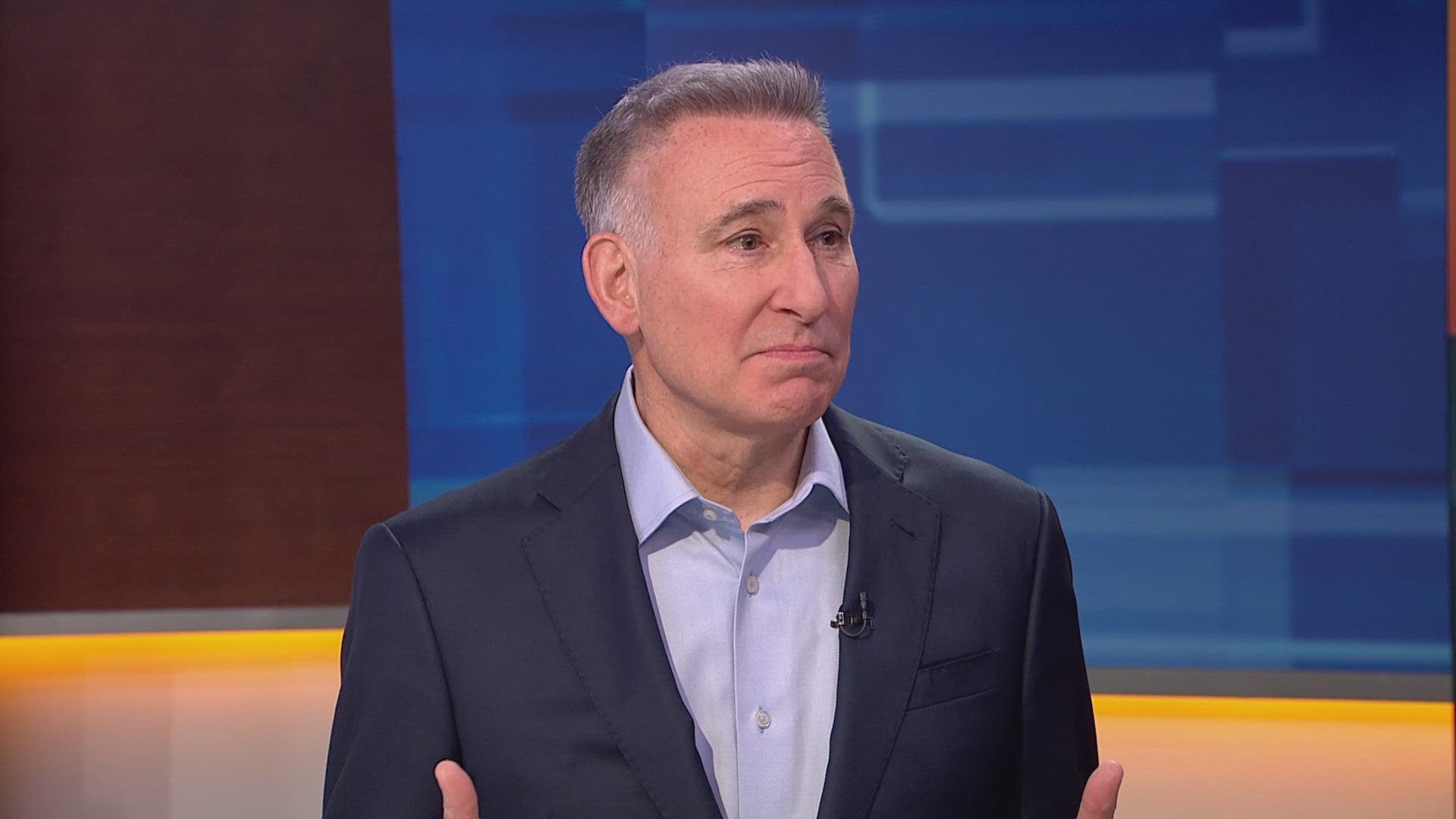OLYMPIA, Wash. — Gov. Jay Inslee announced Friday he will rescind a directive preventing state agencies from considering race or sex when making hiring decisions, which throttled the implementation of affirmative action within Washington.
Directive 98-01, issued by former Washington Governor Gary Locke in 1998, laid out how state agencies should comply with Initiative 200, which prevented the state from "discriminating against or granting preferential treatment to individuals or groups based on race, sex, color, ethnicity, or national origin in public employment, public education, or public contracting."
The directive still allowed veteran status or disability status to be taken into account when making hiring decisions.
In a press release, Inslee called the directive "overly restrictive" and announced he would issue another executive order instructing state agencies on how to move forward "achieving equity while still complying with I-200."
Previously, a referendum to repeal I-200 passed the state legislature but failed after opponents gathered enough signatures to put the initiative to a vote in the 2019 general election.
Inslee also made an executive order on Friday concerning equity in public contracting. The order directs state agencies to review whether certain bonding, insurance, and experience requirements in state contracting pose unnecessary obstacles to minority, women and veteran-owned businesses, and if anything can be done to mitigate or eliminate barriers to those businesses winning state contracts.
In 2019, a study by the governor's subcabinet on business diversity confirmed unequal access to contracting opportunities for minority, women and veteran-owned businesses.
"This executive order is one of many important steps towards equity that will be instrumental in facilitating the cultural changes statewide necessary to address the lack of opportunities for these businesses identified in the 2019 Disparity Study," Inslee said. "This leads to a more resilient economy, more opportunities, innovation and more money going back into our communities."



